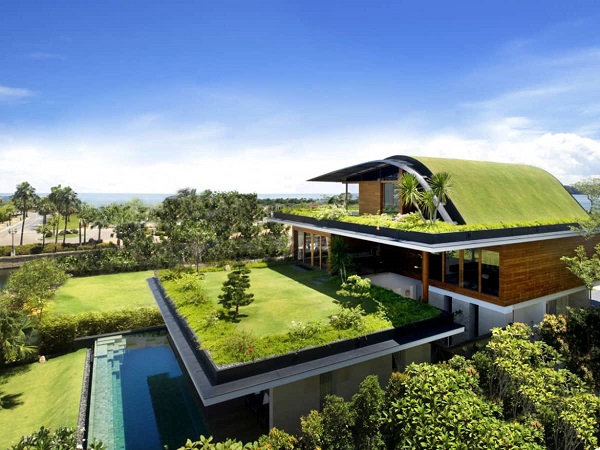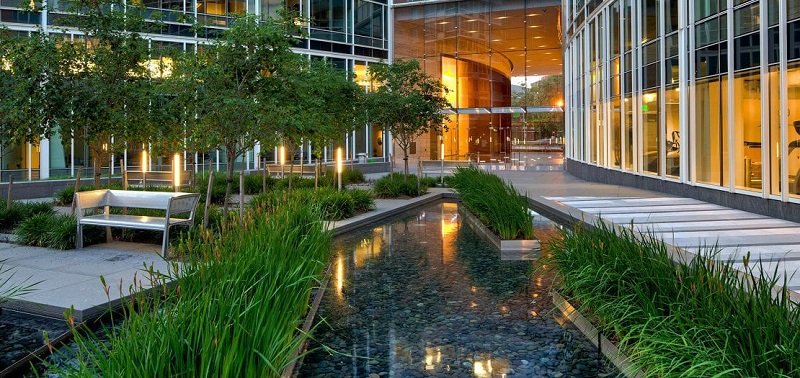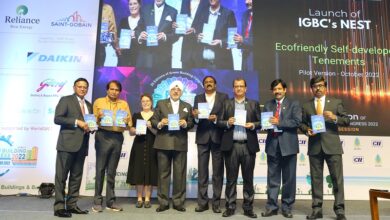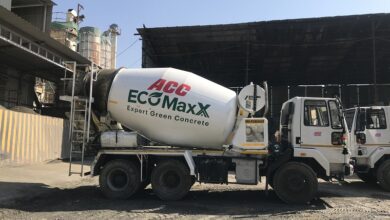Why Are Developers Seeking The Route Of Sustainability?
By Vaibhav Jatia, Managing Director, Rhythm ResiTel

Real estate has been a progressive industry for several generations. Developers have perpetually chased the holy grail of elevated, speedier, and more efficient construction. However, the emergence of COVID-19 has compelled the industry to reconsider its priorities. Increased awareness of the importance of sustainability and resilience has emerged in the wake of the pandemic. As a result, developers are creating more carefully planned projects that reduce carbon footprints and contribute to the development of a more sustainably built environment. The public is also becoming more aware that real estate can have a significant social impact. In the post-pandemic world, the ESG norm has gained widespread acceptance and importance. Buildings that are both aesthetically pleasing and functionally healthy are now in high demand around the world.
Owing to this, sustainability in real estate development is no longer regarded as a niche market, but rather as a mainstream concern. Even in terms of commercial real estate, sustainability is growing to become an important factor in project selection for developers, with many occupants now demanding a green certification for a new workplace. Green buildings are in high demand because of the pressing need to establish a more sustainable environment; in fact, there appears to be more demand than supply in India right now. Developers are increasingly looking for ways to incorporate sustainability into their projects in order to meet the needs of current and future generations.
To meet this rising demand, developers are incorporating sustainable features such as rainwater harvesting, waste management, solar power, and energy-efficient illumination and HVAC systems into their projects. In doing so, they are not only meeting the needs of their tenants but also helping to create a more environmentally friendly and sustainable world. To combat climate change, the Indian real estate sector has launched a number of initiatives, including the Indian Green Building Council (IGBC), a Confederation of Indian Industry organisation.

In the last few years, there has also been growing interest in zero energy buildings (ZEBs) and several countries have implemented or are considering implementing ZEBs as their future building energy objectives to reduce the issues associated with energy resource depletion and environmental degradation Energy-efficient measures (EEMs) are one such design strategy to reduce building energy use (especially for heating and cooling) and the adoption of renewable energy technologies (RETs) is another that meets the remaining energy needs. Developers and residents alike can benefit from the lower operational costs and higher quality of life that occur from adopting sustainable development practices.

Solar panels, energy-efficient lighting, water harvesting, recycling, charging station infrastructure, and sewage treatment plants are just a few of the green initiatives that have been implemented to meet the demands of sustainable developments. It is safe to say that this change will have a significant impact on the real estate industry overall. It is no longer enough to just build new structures; these structures must also be ready for the future. They should be resilient in times of a wide range of threats, from economic downturns to pandemics. This renewed emphasis on sustainability will have a long-term impact on the real estate industry, influencing how we build for future generations.





